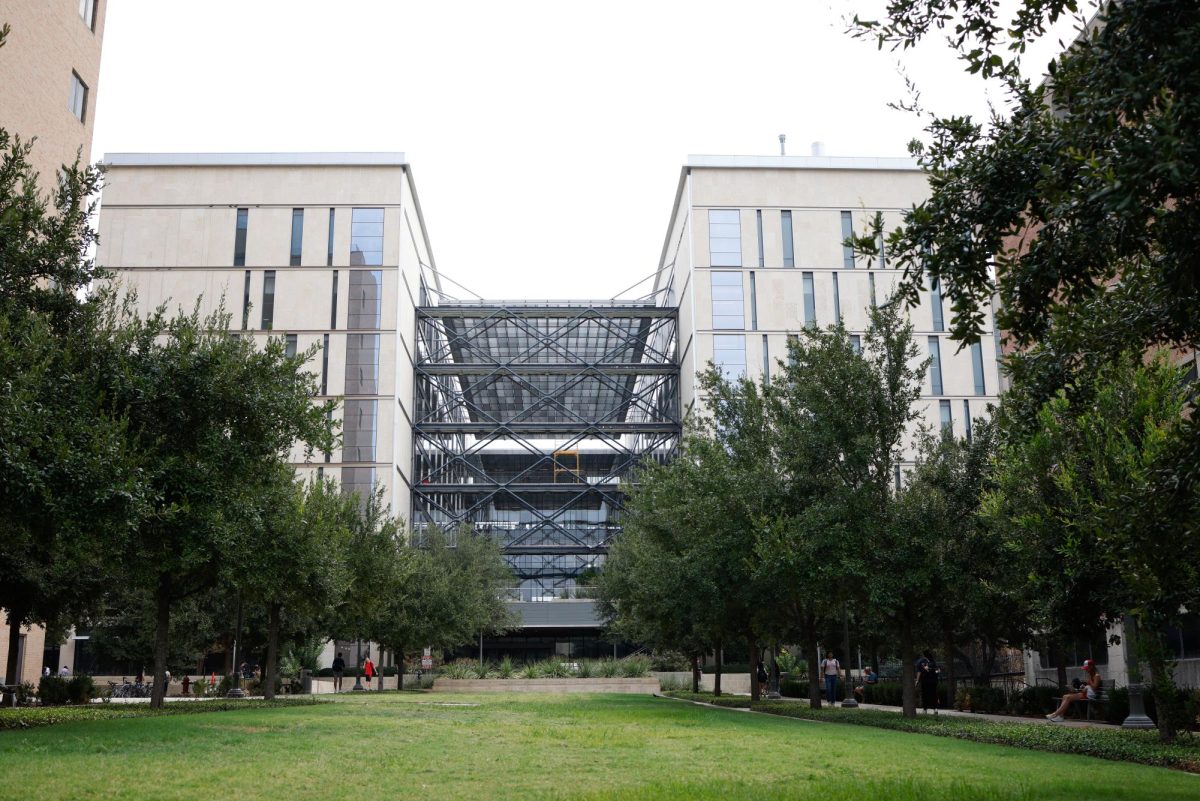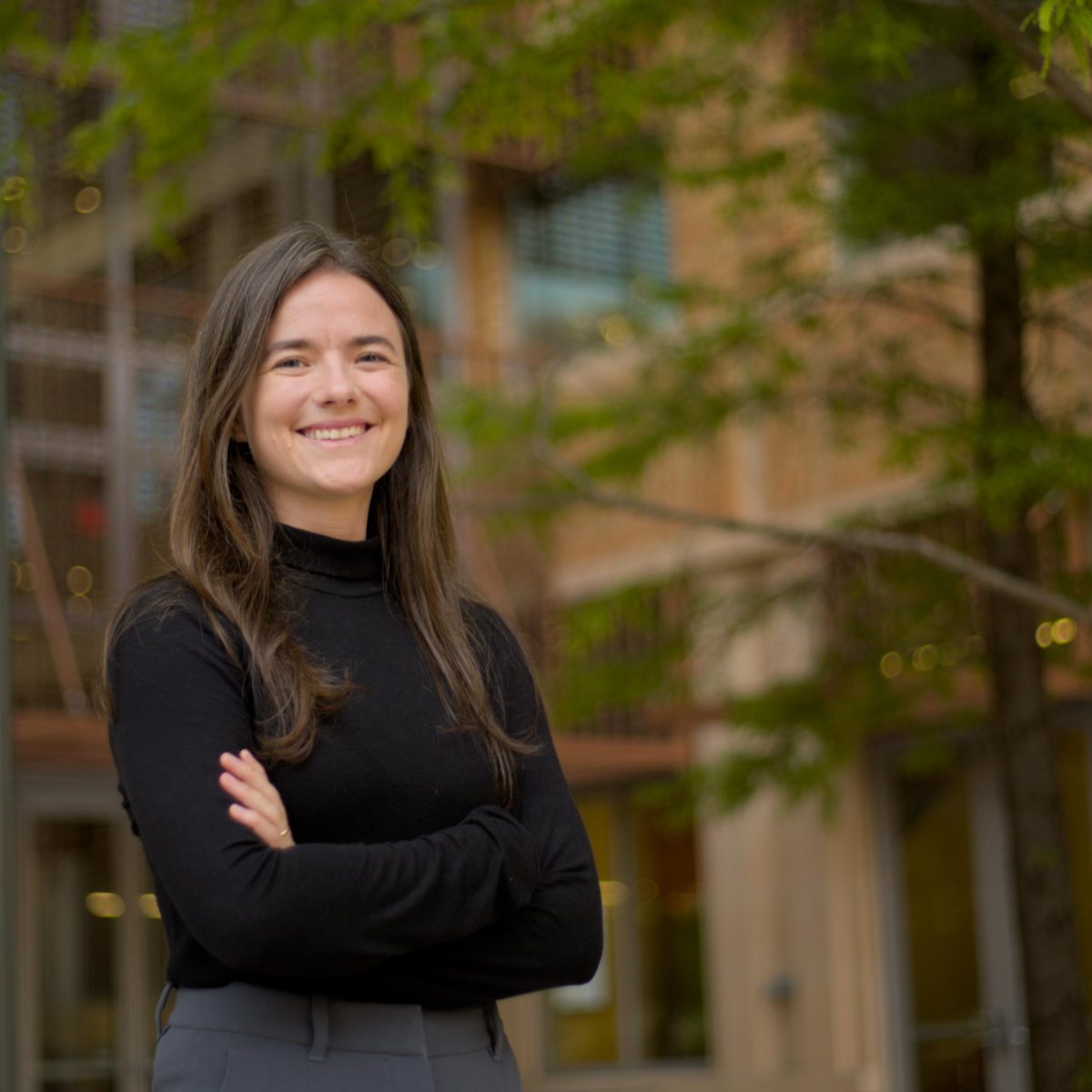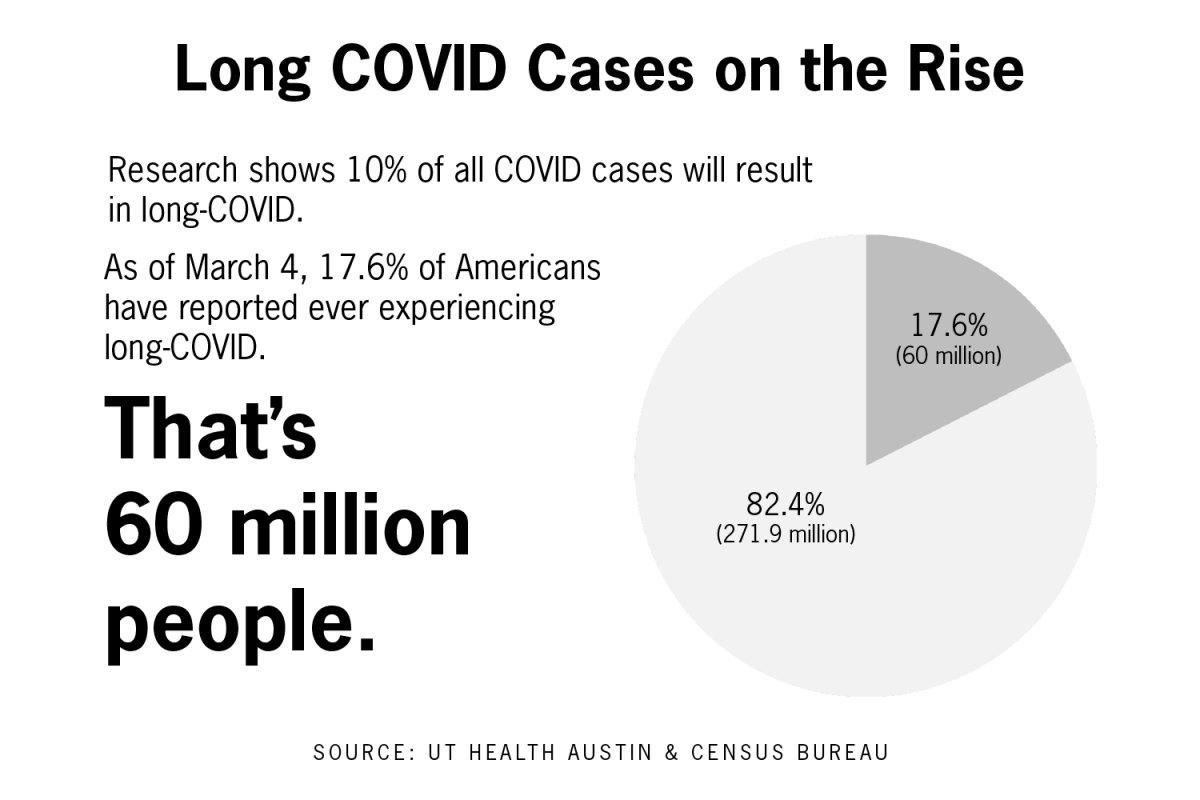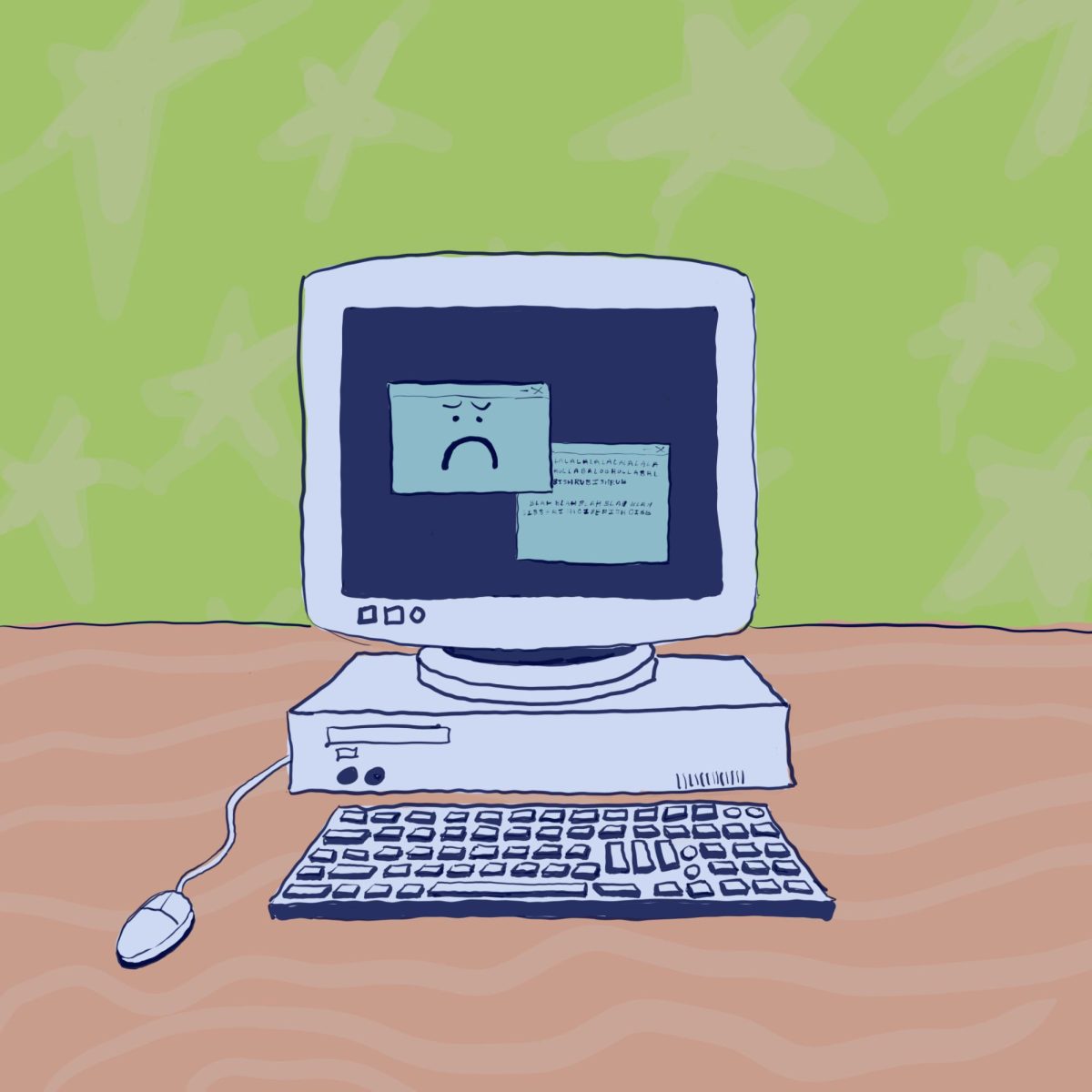A research data lab at UT recently formed a partnership with the Oxford Institute for Energy Studies to create methane emissions data to inform European energy policy.
The Energy Emissions Modeling and Data Lab is a collaborative initiative between UT, Colorado State University and the Colorado School of Mines, focusing on developing technology to monitor global oil and gas methane emissions and leaks throughout the supply chain.
“The goal of EEMDL is to be able to take all the data on the oil and gas supply chain and convert it into useful information for the industry, for public policy and for international stakeholders who are developing global agreements around reducing methane emissions,” said Arvind Ravikumar, research associate professor and co-director of EEMDL.
Ravikumar said the United States significantly increased its oil and natural gas exports to Europe as a result of the Russian-Ukrainian war. Since Europe is one of the largest buyers of oil and natural gas, leaders are concerned with purchasing oil and gas with lower emissions.
The partnership between EEMDL and the Oxford Institute aims to provide a solution by bringing reliable data and European policy expertise, respectively, to the table.
“You need international collaboration, and it’s not just us doing it,” Ravikumar said. “The State Department is involved, the Department of Energy is working with other countries (and) the Environmental Protection Agency is also collaborating with other countries on methane emissions regulations. This goal of addressing emissions has truly become a global challenge that almost every single country wants to solve.”
EEMDL provides reliable data by creating emission assessment models, datasets and education materials to increase the accessibility of its data.
“If you look back a decade, there was almost no information,” EEMDL’s co-director David Allen said in a recent Midland Reporter-Telegram article. “When we went in with our first technology, it was expensive and difficult. Now, we have quality information on methane near pipes and can translate that into reliable information.”
The Environmental Protection Agency previously used a model developed by EEMDL affiliated researchers. Similarly, through their research, EEMDL can assist the Oxford Institute as it informs European climate policy.
“For European policy to work, they need data that people can trust, are timely and are transparent,” Ravikumar said. “We are doing exactly that. We are going out and collecting all of the data from the U.S. That is the kind of information that Europe (needs) to implement their policies.”
Scientific research provides key, objective information that guides policy at every level, including international climate agreements, research associate Emily Beagle said.
“Policy moves slowly, but if we aren’t engaged with that whole process, how can we inform it or move it at all?” Beagle said. “The role of research partnerships, particularly those that are international, can really play a big role in communicating the mutual benefits for all of the members in the international community.”
As the partnership is based on a memorandum of understanding, Ravikumar acknowledges the scope of collaboration is large and is likely to evolve over time.
“Every climate policy in the U.S. and around the world is underpinned by accurate information on what your current carbon emissions are,” Ravikumar said. “This is going to be a critical aspect of climate policy now and going forward.”















